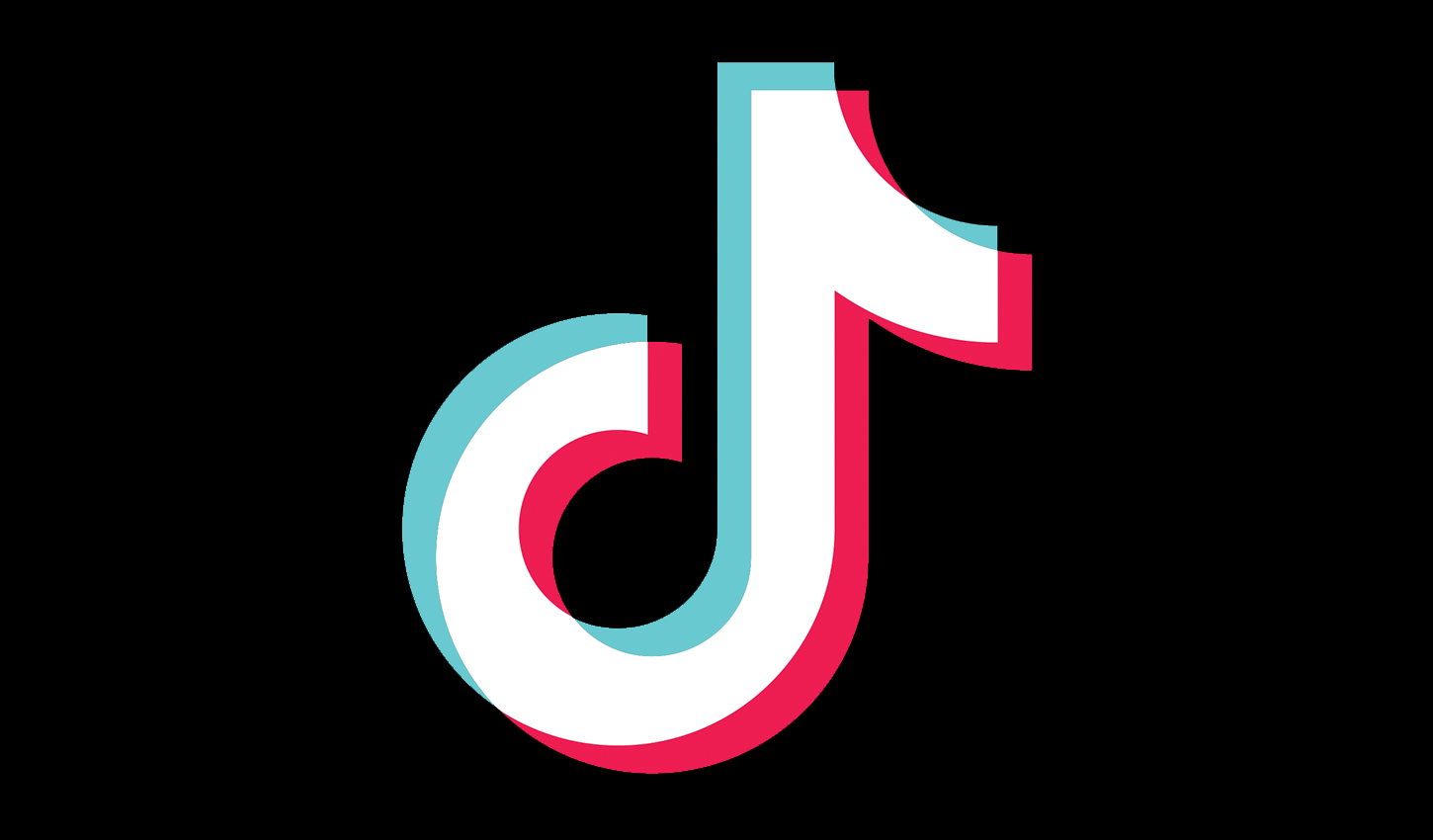TikTok Could Be Banned in 2025: What This Means for Music
How would a TikTok ban impact the music industry, artists, and fans?
TikTok has become a major player in the music world, changing how we discover, enjoy, and share songs on a daily basis. Now that the new year has begun, the possibility of the app being banned in the United States has become a sobering reality for more than 150 million Americans using the platform.
The popular app faces a potential ban starting January 19, 2025, unless its parent company, ByteDance, sells it to an American-owned firm. This decision stems from an April 2024 foreign aid bill signed by President Biden.
The bill gave TikTok’s Chinese owners several months to divest from the app or face restrictions due to national security concerns. ByteDance’s Beijing ties have sparked worries, with FBI Director Christopher Wray warning that TikTok could be forced to hand over user data to the Chinese government or use its algorithm for influence operations. While many users may not mind that China knows their favorite videos, the potential for data misuse and manipulation remains a major issue. These concerns were especially heightened during the 2024 U.S. election, as 20% of Americans now rely on influencers for news—a vulnerability that’s not limited to TikTok, as seen with U.S.-based platforms in 2016. If a deal is close as January 19 approaches, the president can grant a 90-day extension, but for now, the clock is ticking.
Meanwhile, U.S. President-elect Donald Trump has asked the Supreme Court to delay the ban while he works toward a resolution. Trump has publicly opposed banning TikTok, with his lawyer filing a brief stating he hopes to resolve the matter politically once he takes office on January 20. Arguments are scheduled for January 10, 2025, with the court set to decide whether ByteDance must sell TikTok or face the consequences.
Let’s dive into what this could mean for the music industry, artists, and fans.
How TikTok Shapes Music
If TikTok gets banned, it could cause a major shake-up in the music world. The app has become essential for discovering and promoting music. Songs that trend on TikTok often top streaming charts, creating overnight stars and reviving old hits. The industry has adjusted to this “TikTokification” of music, but losing the app would leave a big gap.
TikTok’s Music Impact report highlights how the app drives music engagement. It found that 89% of TikTok users also stream music on digital streaming platforms (DSPs), compared to 74% of music listeners overall. This shows TikTok doesn’t just make songs go viral—it turns casual listeners into dedicated fans who stream and buy music.
For artists, TikTok has been a game-changer. Independent musicians can reach fans directly by creating relatable content, bypassing traditional gatekeepers like radio and record labels. Without TikTok, up-and-coming artists might struggle to find new listeners, and established stars could lose an important promotional tool. This shift could change how music is marketed and consumed.
How Fans Would Be Affected
Fans have also changed how they listen to music because of TikTok. The app’s short, catchy clips often stick in people’s minds more than full songs. Listeners now focus on “the hook” or the viral moment, sometimes skipping songs that don’t grab attention right away. A ban might slow this trend, but it would also take away the fun and community TikTok creates around music.
TikTok has also made it easier for fans to connect with artists through challenges, duets, and live streams. These features make fans feel like they’re part of an artist’s journey. Without TikTok, fans might turn to other platforms, but replicating TikTok’s spontaneity and closeness would be tough.
What Comes Next?
The future of TikTok in the U.S. is still up in the air. Whether it’s banned, sold, or given more time, one thing is clear: it has transformed the music industry, artists, and fans. If TikTok disappears, it will leave a gap that will take time to fill, pushing everyone—from industry leaders to listeners—to rethink how they experience music in the digital age.



